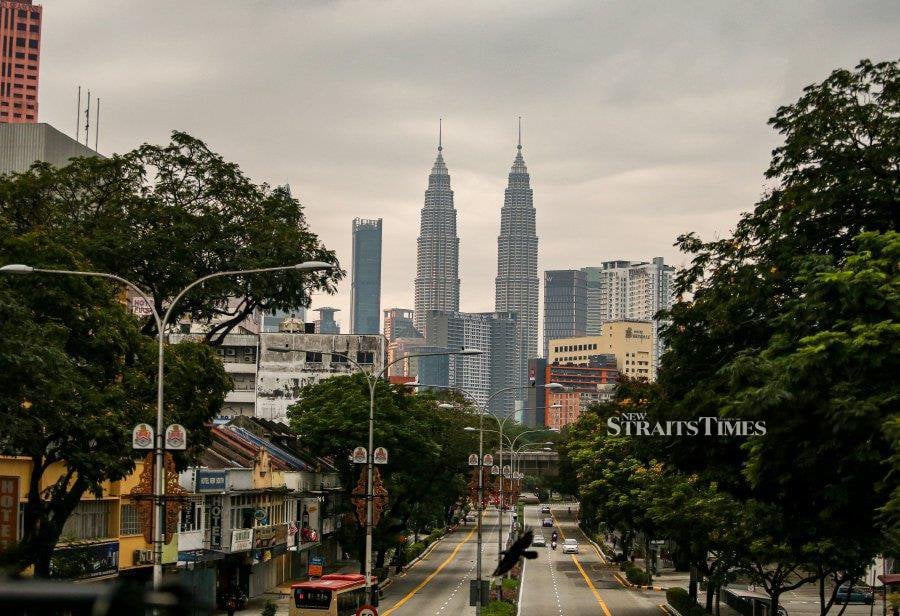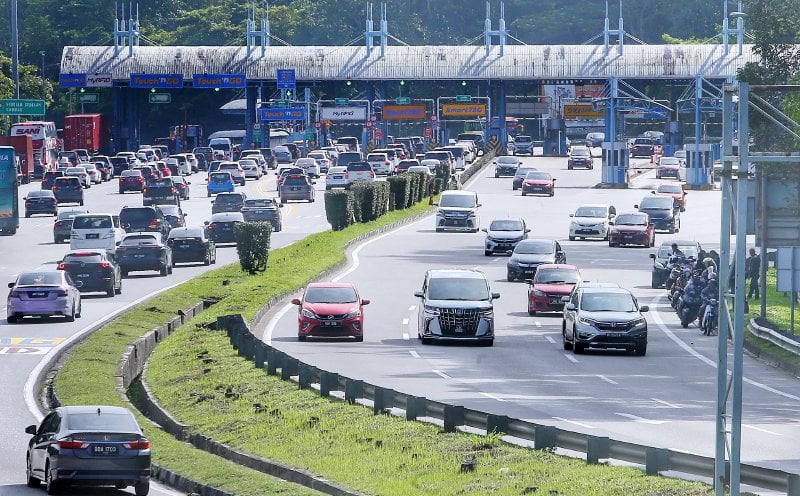THE Sri Lankan economy has been badly ravaged. The country does not have enough foreign currency to import goods it needs. These include food, fertiliser and fuel.
The country has inevitably sunk into social chaos and the consequent political instability, causing the population more pain.
Sri Lanka is an example of a country heavily dependent on imports to feed its people and fuel the economy.
Many countries around the world depend on imports to survive. The difference is that some have enough cash to buy from the international market.
According to experts, the crisis in Sri Lanka was caused by a combination of factors. It started when Covid-19 hammered the tourism-reliant economy. The situation was made worse by reduced remittances from overseas workers.
It was compounded by the unmanageable government debt and rising world oil prices. Not to mention the leakages.
The ban on the import of chemical fertilisers last year, which was later reversed, devastated its agriculture and food production, rubbing salt into the wound.
The truth is, the entire world economy has been rattled by the pandemic, not just Sri Lanka. But some countries suffered more than others.
As a result of movement controls that were imposed to curb the spread of the virus, international travel was severely curtailed. Tourism was dealt the largest blow. Sri Lanka is among countries which are overdependent on a narrow source of revenue. In this case, tourism.
The only other substantial source of revenue came from workers' remittances. Many workers residing outside the country were laid off because of the slowdown in the world economy, which badly affected global businesses.
As a result of the reduced income from tourism and remittances, servicing the country's high debt became a problem.
All that reduced the buying capacity of the country. The most visible evidence of the economic collapse are the long queues at petrol stations and food stores.
Looking at the Sri Lankan case, many are asking whether we can be exposed to a similar dilemma. Experts say we are different in terms of the economy.
Though tourism also brings in much income to our economy, we are not totally dependent on that one source.
Our economy is, thankfully, more diversified. We still have sizeable deposits of petroleum in the country. This makes us less dependent on fuel imports.
Our income from palm oil, a much sought-after edible oil, is also sizeable.
Though the export of raw rubber has declined, we earned big bucks from medical gloves' export, whose demand ballooned during the pandemic.
Of course, our manufacturing business has also brought in significant revenue through exports. This goes to show the important role of economic diversity.
But experts warn us not to be complacent. It is not impossible that some of the businesses we now depend on may face a crisis.
Petroleum, a depleting resource, is one big worry. Unlike palm oil, which is renewable. Since energy is an important economic driver, we need to start planning for new, more sustainable sources.
This is where investments in solar and other renewables deserve priority. Countries which depend on energy imports are always at risk.
We can see evidence of this from the Russia-Ukraine war. Many countries in the European Union which depend on gas from Russia even hesitated to stop importing as a form of sanction.
They know an energy shortage can cripple their economy. Even Japan, another energy-importing country, was reported to face electricity supply problems because of the recent heatwave.
Despite the unlikelihood of Malaysia facing similar economic consequences, we need to be vigilant. We need to continue with our economic diversity policy.
We should not discount any potential source of revenue to maintain the diversity.
The renewed potential of tin mining, for example, deserves serious re-evaluation. We should also maintain a close watch on our debt level and leakages through corruption.
But most important of all, we should strive for a high level of self-sufficiency in food and fuel. That way, we would have a good chance of avoiding such a crisis.
The writer is a professor at the Tan Sri Omar Centre for STI Policy, UCSI University











